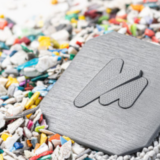

Together, we transform pineapple fibres into a highly resistant surface material.
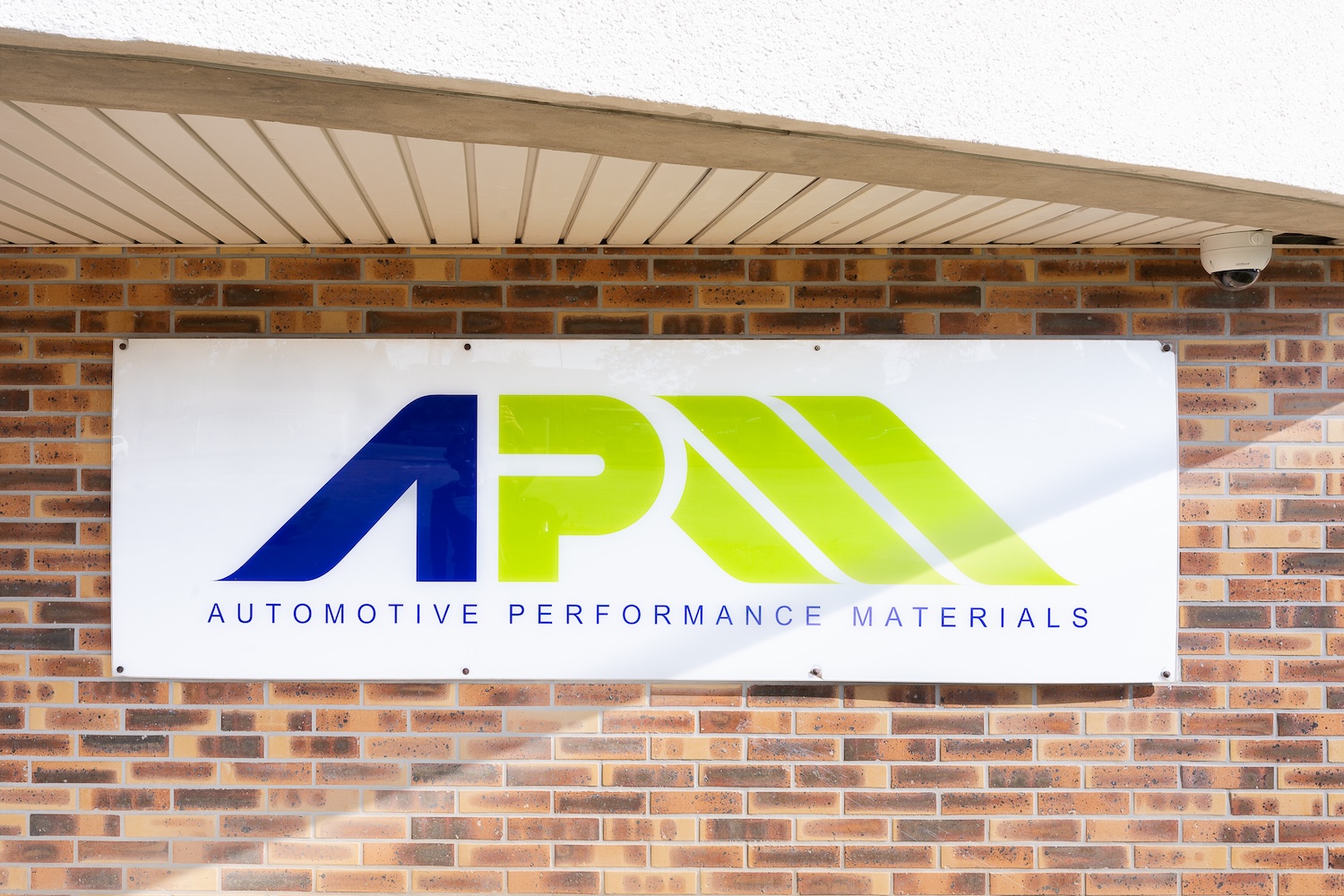
Find out more about the partnership that gave rise to MATERI’ACT and a whole new kind of compound woven with CO2-sequestering hemp.
In the context of the 2008 oil crisis and growing ecological challenges, FORVIA urgently needed to reduce the weight of its automotive components to enhance fuel efficiency. The answer? The R&D teams discovered that hemp could be used to reinforce fiberglass, offering a lighter, more sustainable alternative to kit out vehicle interiors.
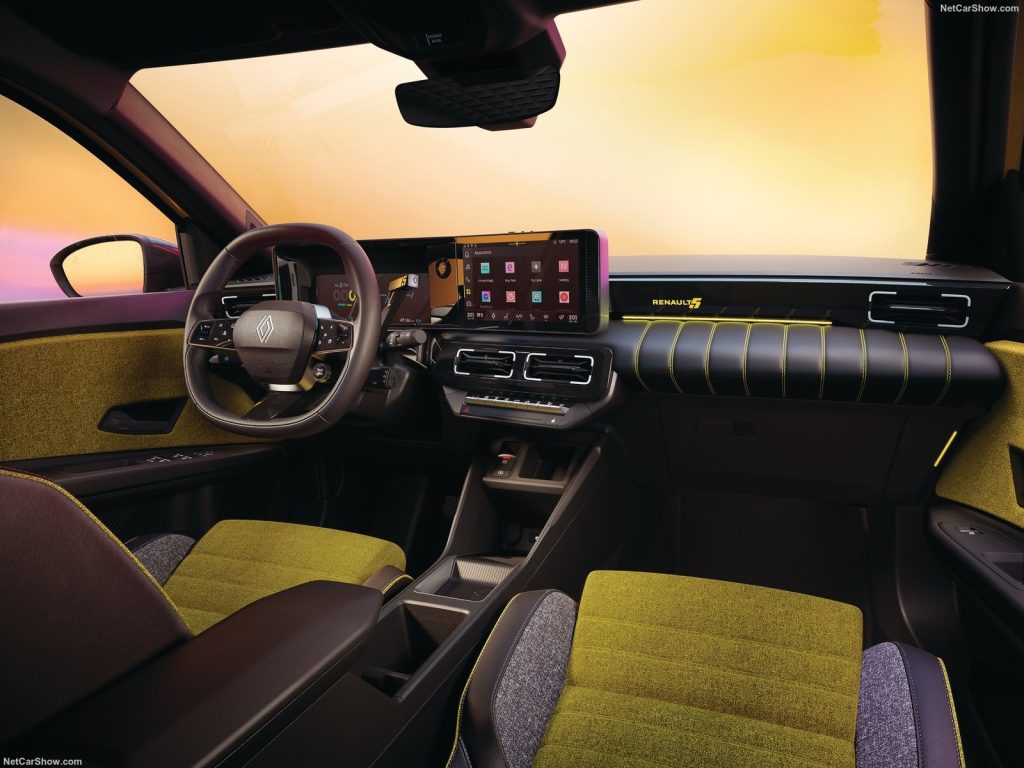
To make this exciting idea a reality, FORVIA teamed up with INTERVAL, a major agricultural cooperative in the Bourgogne-Franche-Comté region. Set up over 90 years ago, INTERVAL supports 4,500+ member farmers and operates 80 sites across Haute-Saône, Jura and Belfort. In 2015, FORVIA and INTERVAL signed a Joint Venture under the name Automotive Performance Materials (aka APM) to structure and drive this partnership.
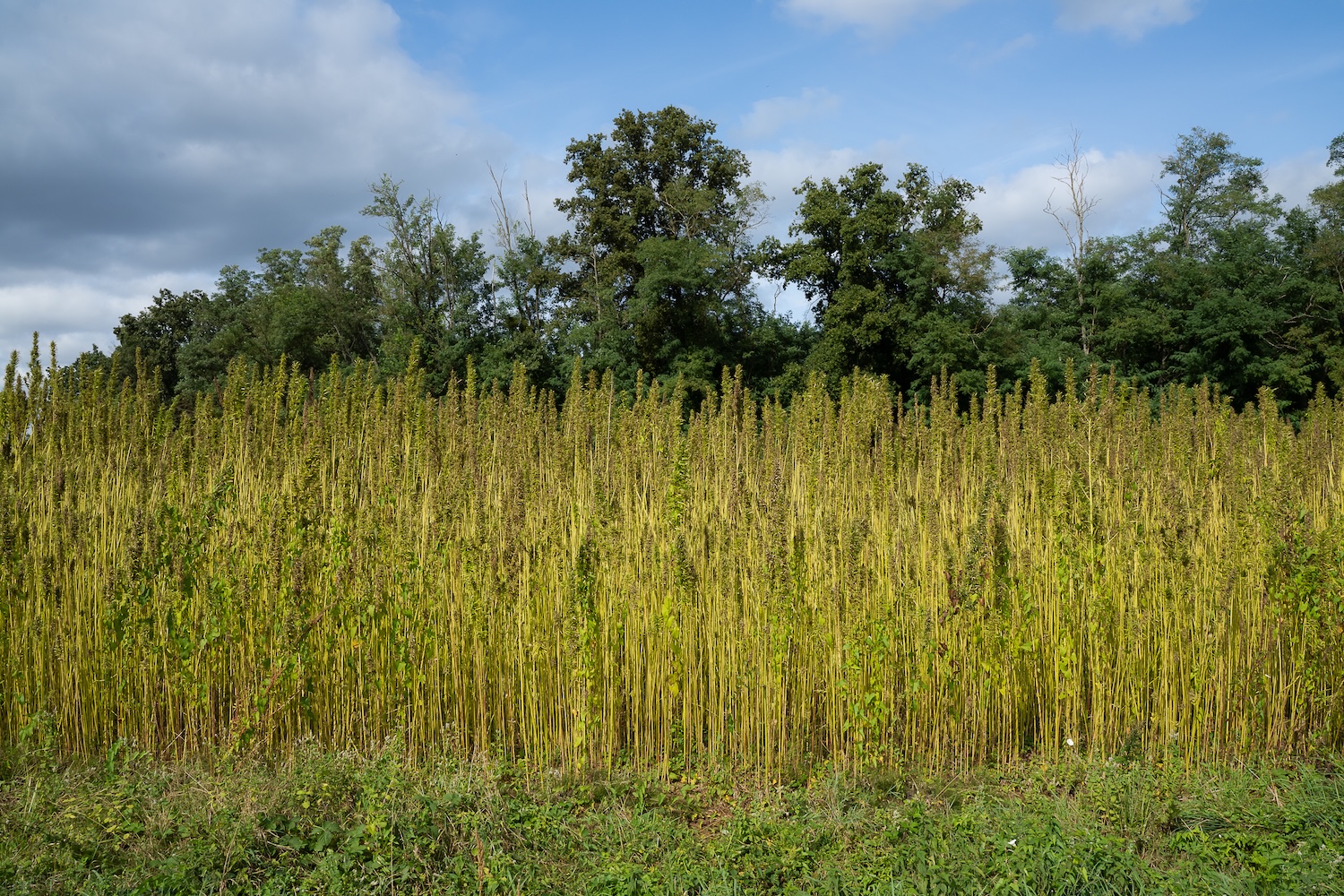
INTERVAL subsidiary Eurochanvre, played (and still plays) a pivotal role. As one of Europe’s leading natural fibre producers, Eurochanvre supplied high-quality hemp biomass to develop a groundbreaking compound, NAFILean, with 20% hemp. This was the first time these natural fibres had been integrated into an automotive compound.
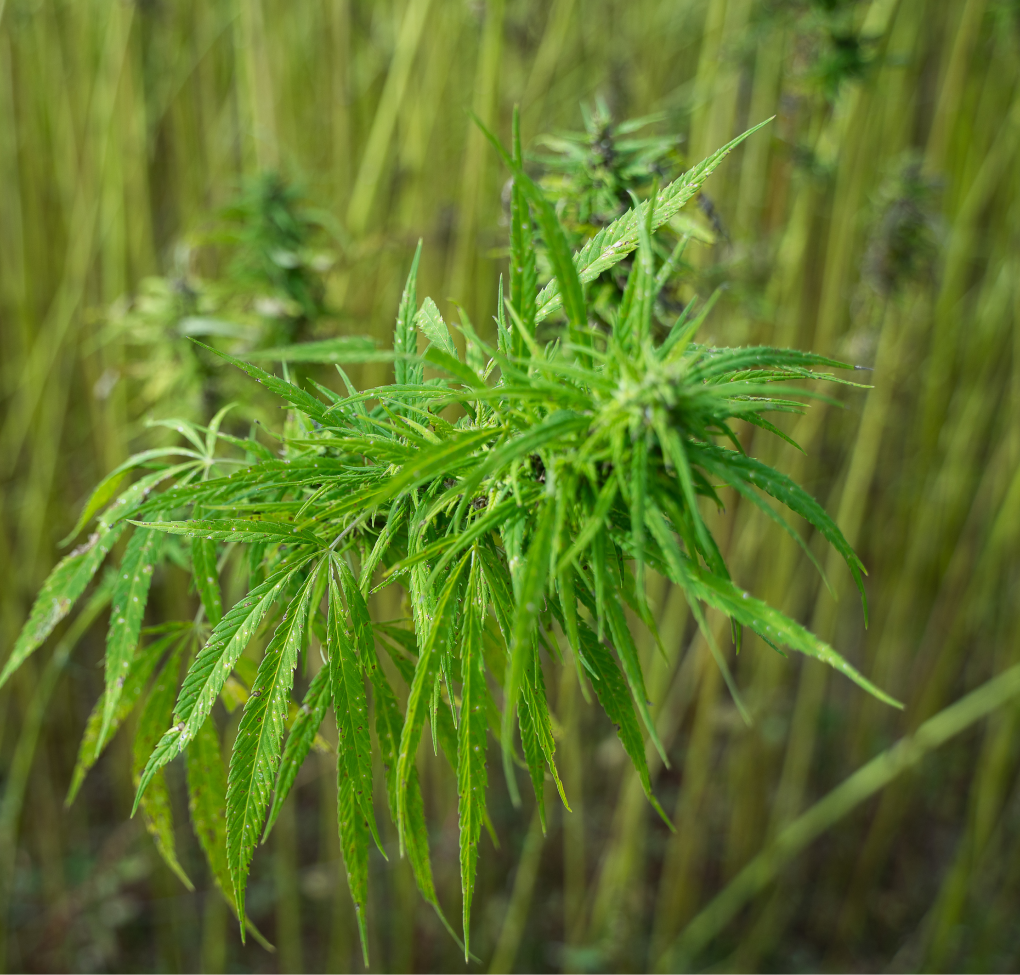
Originally found in Central Asia and introduced to Europe in the 12th century, hemp was long valued for being versatile and multi-talented in everything from paper to textiles, sails and ropes. However, by 1960, hemp production had slumped in France with fewer sail ships and more synthetic textiles. The good news? In the 1990s, hemp started to make a comeback thanks to its technical, economic and environmental advantages. By 2016, Eurochanvre had tallied up more than 12,000 hectares in Franche-Comté.
It’s carbon negative as it absorbs lots of CO2 from the atmosphere
It doesn’t need much land, as it’s a high-yield crop, or much water (vs cotton)
It’s soil-friendly returning 60-70% of the nutrients it takes and even removing some pollutants
No need for chemical fertilisers or pesticides
Its fibres are durable and known for being incredibly strong
Creating NAFILean laid the foundation for FORVIA’s broader commitment to bio-based and recycled materials. Inspired by this success – with more than 10,000 vehicles equipped with NAFILean today – and keen to do more, FORVIA decided to set up MATERI’ACT in 2023. That’s us! As a company dedicated to developing, producing and commercialising low-carbon, high-performance materials for automotive – and far beyond.
Since the very first conversations back in 2009, this partnership has spearheaded our efforts to develop new bio-based compounds – and contribute to a more circular economy. We’re proud of what we’ve achieved together so far. And looking forward to new adventures.
NAFILean is making its way into more of our products, and this product family just keeps on growing with the arrival of new NAFILean compounds. For example, NAFILean-R also contains recycled polypropene, while NAFILean Vision makes the biomass it contains more visible with different colours, textures and grains to create exciting design looks – helping to demonstrate the aesthetic appeal of recycled and bio-based materials and make green the new black.
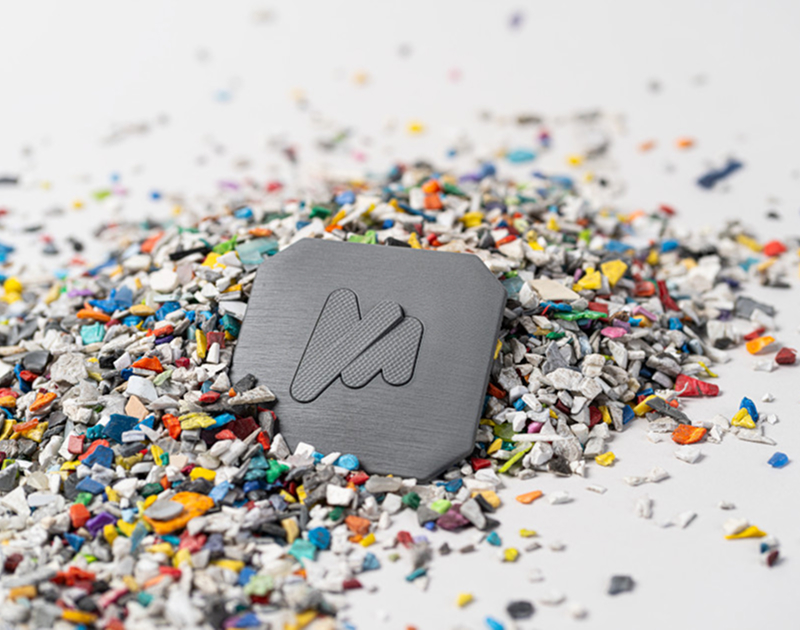

Together, we transform pineapple fibres into a highly resistant surface material.

We’ve teamed up with PCR Recycling in the USA to deliver recycled compounds.
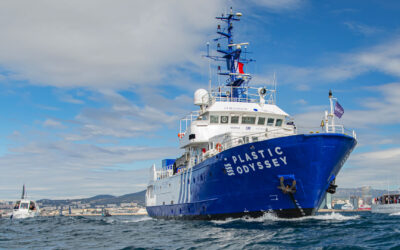
The FORVIA Foundation and NGO Plastic Odyssey support local communities in collecting, cleaning, treating, and…
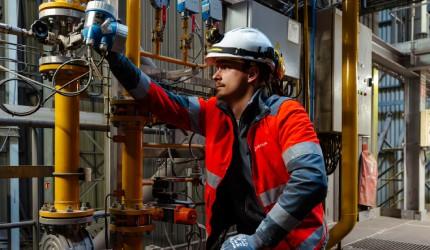
Together, we turn plastic waste into amazing compounds that performance of virgin plastics.
Questions about APM?
More information about NAFILean?